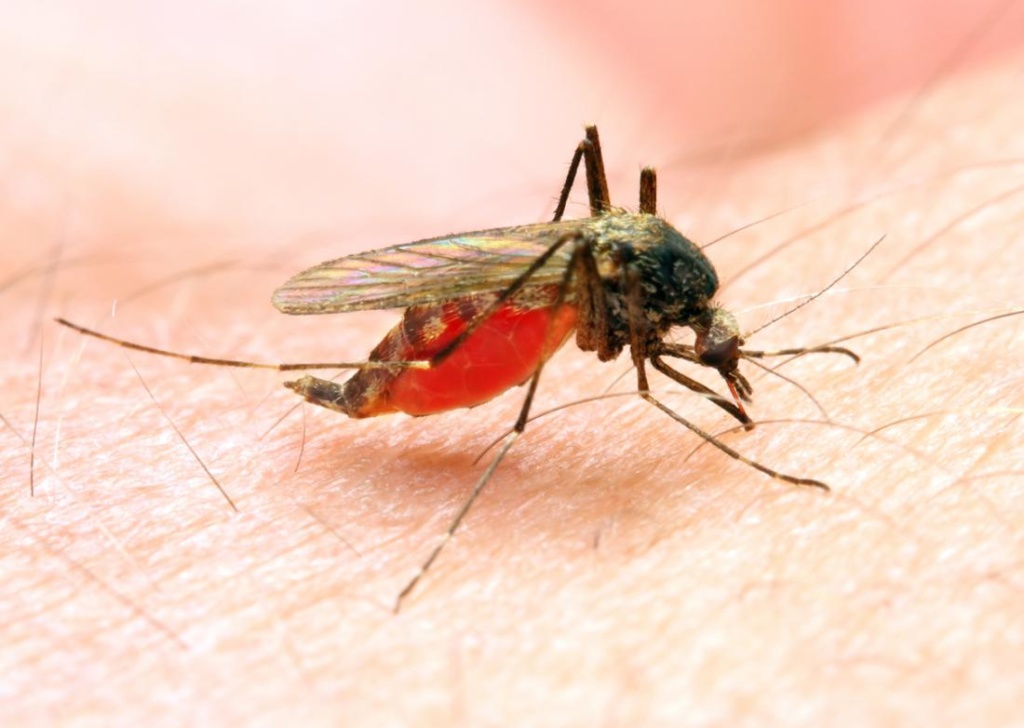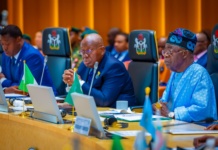
The World Health Organisation (WHO) has announced approval of the world’s first malaria vaccine for broad use. The historical breakthrough is from researchers from Africa and developed in Africa.
Director-General Dr Tedros Adhanom Ghebreyesus said, “The WHO is recommending the world’s first malaria vaccine that could save millions of life over the next decade. The WHO is recommending the broad use of the vaccine for children”
The pilot programme of this vaccine was carried out in Ghana, Kenya and Malaria. The WHO’s Global Programme Director said, the vaccine is a scientific breakthrough of massive global significant.
“For centuries, malaria has stalked sub-Saharan Africa, causing immense personal suffering,” said Dr Matshidiso Moeti, WHO Regional Director for Africa. “We have long hoped for an effective malaria vaccine and now for the first time ever, we have such a vaccine recommended for widespread use. Today’s recommendation offers a glimmer of hope for the continent which shoulders the heaviest burden of the disease and we expect many more African children to be protected from malaria and grow into healthy adults.”
The vaccine paired with existing proven interventions could dramatically reduce cases and severe disease and ultimately reduce malaria deaths. Strategic investments in community health systems and surveillance can fight malaria, extend care to the unreached, and strengthen pandemic preparedness and response. Innovations to combat insecticide and drug resistance and improvements in data and supply systems mean that optimal interventions can be deployed where they are needed most. Strong global partnerships can ensure a healthy, resilient market for lifesaving prevention and treatment products.
The study found that not only was the impact of seasonal vaccination with RTS,S/AS01 (RTS,S) comparable to that of seasonal malaria chemoprevention (SMC), but that combining the two interventions reduced malaria episodes and deaths in children by about 70 percent compared to either intervention alone.
“This represents a potential breakthrough for how the world’s first malaria vaccine could be used in a new way to save children’s lives,” said Dr. Ashley Birkett, director of PATH’s Malaria Vaccine Initiative (PATH), which provided partial funding for year three of the study. “The evidence from Burkina Faso and Mali suggests that in areas with highly seasonal malaria, using the RTS,S vaccine just prior to the peak transmission season in combination with current malaria control interventions, could have a major impact.”
Currently, the RTS,S malaria vaccine is being introduced in a landmark pilot programme to help protect children from malaria in areas of three countries that experience malaria infections year-round—Ghana, Kenya, and Malawi. The study from the LSHTM and partners reaffirms the safety and efficacy of the vaccine and helps build a case for use of the vaccine as an option in places with highly seasonal malaria, where SMC alone is the current standard approach to preventing the disease in children under the age of five.
This study, which PATH is supporting for an additional two years to follow participants through the age of five, was conducted in areas of Burkina Faso and Mali where there is high use of insecticide-treated bed nets and SMC. Despite this, the malaria burden remains extremely high in these areas, which is a clear indication that additional tools are needed.
“These results are really remarkable and illustrate the importance of continuing to explore ways to optimize the use of vaccines even after they’re developed,” says Dr. Birkett. “This potential new use could help countries more effectively prevent malaria and save more young lives.”
World Health Organization (WHO) global advisory bodies for immunization and malaria will convene in October for a full review of RTS,S evidence generated by the pilot evaluation of the malaria vaccine in routine use (in Ghana, Kenya and Malawi) and other RTS,S data that have become available since the pilots were recommended by WHO in 2015. The review will include results from this Phase 3 trial on RTS,S seasonal vaccination. All of these data will inform a potential WHO recommendation for wider use of the vaccine in sub-Saharan Africa.
Kindly follow us on twitter:@AfricanVoice2









